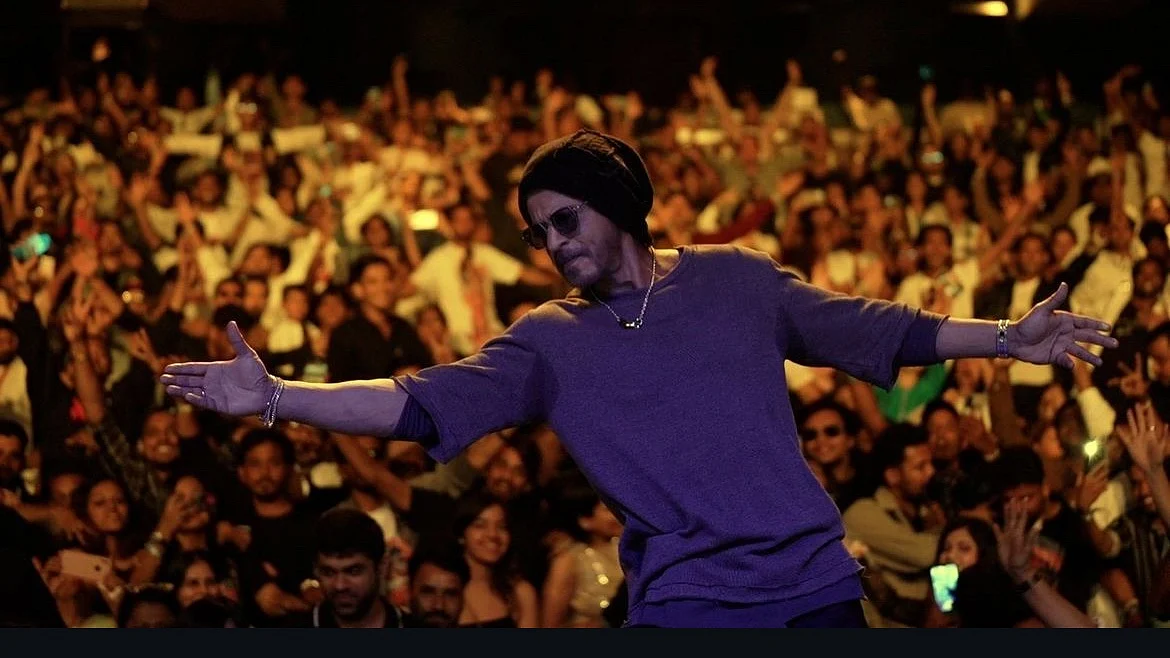More than 150 Palestinians have been injured in clashes with Israeli police at the al-Aqsa Mosque compound in Jerusalem, Palestinian medics say.
Israeli police said officers entered the site after coming under attack with fireworks, stones and other objects. Three Israeli police were hurt, they said.
The flashpoint site is deeply important to Muslims and Jews, who know it as the Temple Mount, and is at the heart of competing historical claims.
Israeli-Palestinian tensions have soared recently after deadly attacks in Israel and Palestinian deaths during subsequent Israeli raids in the occupied West Bank.
The United States expressed its “deep concern” over the Friday morning violence at the al-Aqsa Mosque compound, where hundreds of Palestinian worshipers clashed with Israeli police in scenes akin to those that prefaced last May’s Gaza war.
“We call on all sides to exercise restraint, avoid provocative actions and rhetoric, and preserve the historic status quo on the Haram al-Sharif/Temple Mount,” the State Department said in a statement. Under the current 54-year-old status quo, Muslims can pray at the holy site while Jews are allowed to visit — under heavy restrictions, in a predetermined route and only for several hours on weekdays — but not pray there.
“We urge Palestinian and Israeli officials to work cooperatively to lower tensions and ensure the safety of everyone,” the statement continued. “The State Department is closely following developments and will continue to be in close contact with senior Israeli and Palestinian officials to seek to deescalate tensions.”
The State Department’s decision to weigh in indicated the heightened level of seriousness with which the Biden administration is approaching Friday’s events, as earlier in the day, it was only the US Embassy in Jerusalem that issued a statement.
“We are closely monitoring events in Jerusalem during this sacred holiday period for Jews, Muslims, and Christians. We urge everyone to refrain from actions that further escalate tensions. We encourage all parties to work together to ensure calm and the quiet enjoyment of all religious holidays,” the embassy said hours earlier.
The clashes come at a particularly sensitive time. Ramadan this year coincides with Passover, a major weeklong Jewish holiday beginning Friday at sundown, and Christian holy week, which culminates on Easter Sunday. The holidays are expected to bring tens of thousands of faithful into Jerusalem’s Old City, home to major sites sacred to all three religions.
The mosque is the third holiest site in Islam. It is built on a hilltop in Jerusalem’s Old City that is the most sacred site for Jews, who refer to it as the Temple Mount because it was the site of the Jewish temples in antiquity. It has been a major flashpoint for Israeli-Palestinian violence for decades and was the epicenter of the 2000-2005 Palestinian intifada, or uprising.
Israel captured east Jerusalem, including the Old City, in the 1967 war and annexed it in a move not recognized internationally. Palestinians want the eastern part of the city to be the capital of a future state including the West Bank and Gaza, which Israel also captured during the war nearly 55 years ago.
Tensions have soared in recent weeks following a series of attacks by Palestinians that killed 14 people inside Israel. Israeli troops have carried out a wave of arrests and military operations across the occupied West Bank, setting off clashes with Palestinians.
At least 25 Palestinians have been killed, according to an Associated Press count. Many had carried out attacks or were involved in the clashes, but an unarmed woman and a lawyer who appears to have been a bystander were also among those killed.











